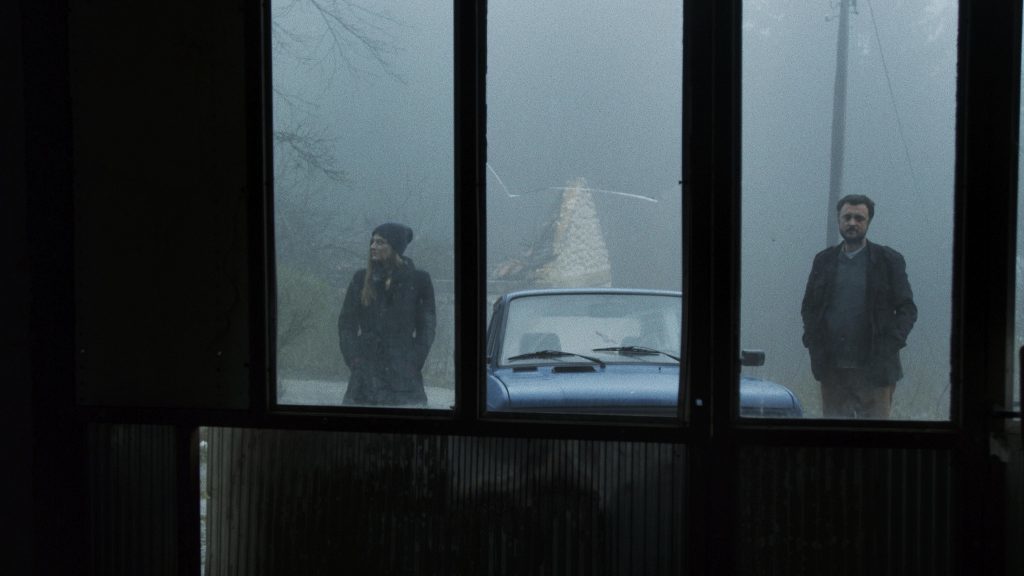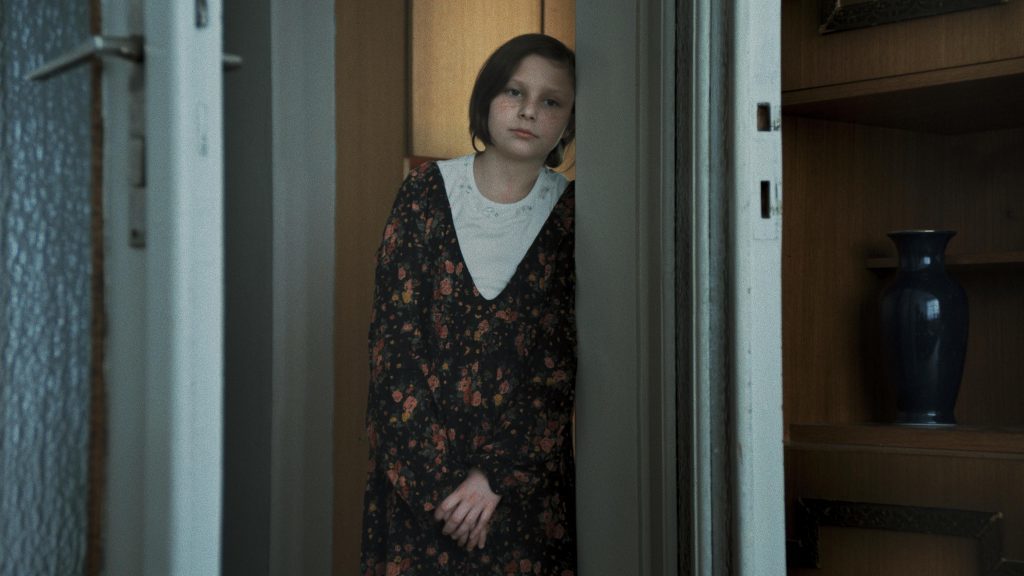
Case Study: Regained Memory
A film about Amir, who goes on a search for memories of his departed wife which also brings back memories of the war he has experienced as a child.
Geplaatst op 8 maart 2019Regained Memory is Stijn Bouma’s (28) final project for film school. It had its international premier in Karlovy Vary and was also released in Dutch movie theatres. His newest short film Visite is selected for the official competition of the Clermont Ferrand Short Film Festival (2019). By now he is working on his first feature film.
“Whilst on set I would never look at the script or the shotlist, as I would know the film inside out by that time, and I’d rather just be with the location and the actors.”
Marcel Proust's cycle about memory and time
“It was a mix of things that gave me the idea for the film – between something that happened in my personal life as well as a book I was reading. The first part of Marcel Proust’s cycle about memory and time. I found an incredibly moving passage in the book, which also said a lot about me as a person, so I decided to give it a new shape in the form of a project.”
Leaving the freedom to improvise
“I wrote the script myself mostly, with having a few rounds of receiving feedback from people close to the project: the producers and the DoP. I was developing the idea slowly for a longer period of time, but the actual writing maybe took around 2 months, and about 4 to 5 drafts. After a long period of thinking about it, to be sure about my decisions I started the actual writing. In the script I’ve purposefully kept a few things open; not specifically writing out all the dialogue, but merely ‘beats’ let’s say – to give the actors the freedom to improvise. Besides these ‘gaps’ which were to be filled in on the set, not much changed during the actual shooting.”
Before the actual writing
“Firstly I was occupied with sticky notes, putting them up and hustling them around till I was happy with the overall structure and variety. I try to take good care that there is a good balance between scenes of dialogue, scenes of silence and scenes with music. After that, during the actual writing, I’ve definitely played a lot of music in the background – for this film it mostly was classical music. Also, perhaps even before writing, I’ve already imagined most of the scenes, how I will shoot and edit them, so the writing is already very much visually descriptive of how it would be. The shotlist was mostly made by the DoP, from our discussions. The producers in the end also fully supported me and had faith in the project, so whilst they gave suggestions they never forced anything. It’s maybe also interesting to note that whilst on set I would never look at the script or the shotlist, as I would know the film inside out by that time, and I’d rather just be with the location and the actors.”

Preparing for the production
“During the preparation phase I did a few rehearsals with actors, but not too much so as not to spoil the spontaneity. Other than that it was mostly a matter of finding the best locations we could, and spending time there – imagining the shots and going through everything. The crew was a mix of local Bosnian people and a few heads of department coming from the Netherlands. I mostly found these people because I had already worked with them before on other sets, or through the connections of friends. We determined the amount of shooting days based on our intuition of how long the different scenes would take but also by giving ourselves proper time for everything. So in the end we shot about 9 days, with one day off in between. The film was funded and supported partially by the film academy (as this was my graduation film) and also through Cinecrowd we managed to secure some extra funding.”
Shooting according to the plan
“We had a wonderful time making this film. Basically everything went according the plan, and the few times it didn’t – we managed to find a workaround. I think because our preparation was so well, and all the important people attended the preparation discussions, it all went quite smoothly. Another thing I like to do is to gather everyone at the beginning of the day and to tell them what we’re going to do, so we don’t have to answer a lot of smaller questions that inevitably come up. So everyone already has a general idea of how the shooting day will look. Except for one small scene, we managed to shoot everything within time. This scene I eventually shot with a smaller crew a few weeks later.”
Sticking to decisions
“Maarten Ernest was the editor, and I was basically present all the time during editing. In the end we spent around 2 weeks full-time editing, and then days scattered over the course of the next weeks to continue. So we would continually have fresh eyes, or we would have feedback from a screening and then look at it again. The script in the end wasn’t much different from the edit, except for maybe 2 scenes that we gave a different place in the edit (and maybe removed 1 or 2 scenes in total). I guess this was the case because most of the film also contained long-takes, so we didn’t have so much different shots and angles. As I like to limit myself, and push myself to stick to my decisions (and not to shoot back-ups).”
Falling in love with the score
“During the writing I already fell in love with a classical music piece in a cover played by an accordion. And I knew this would be the integral motive of the film and we would expand on it. Luckily we managed to work out a contract with the musician to use his interpretation. During the postproduction I got in touch with a good composer who really wanted to try and do something for the film, so in the end he also made a piece that is included and somehow also related to the big motive.”
“We were also very lucky to be able to work with Filmmore to help supervise a proper postproduction for the film. So we spend a few days doing the color correction there, and they were also the ones to help us with the DCP.”

A tricky length
“The tricky thing about this film is the length, therefore the festival distribution is kind of difficult and also because the producers and I we are doing it ourselves. But in The Netherlands we were very grateful that Rieks Hadders from Mokum Filmdistributie liked our film, and he set up a small circulation in several cinemas throughout the country. It then also ended up at picl.nl for people to watch it at home.”
Listen to your heart
“Try to listen to your heart and feelings more (don’t get caught too much in the rational side of things). Love yourself and others. Express this in your films. And dive into the old masterpieces of art, be they films, literature or paintings.”